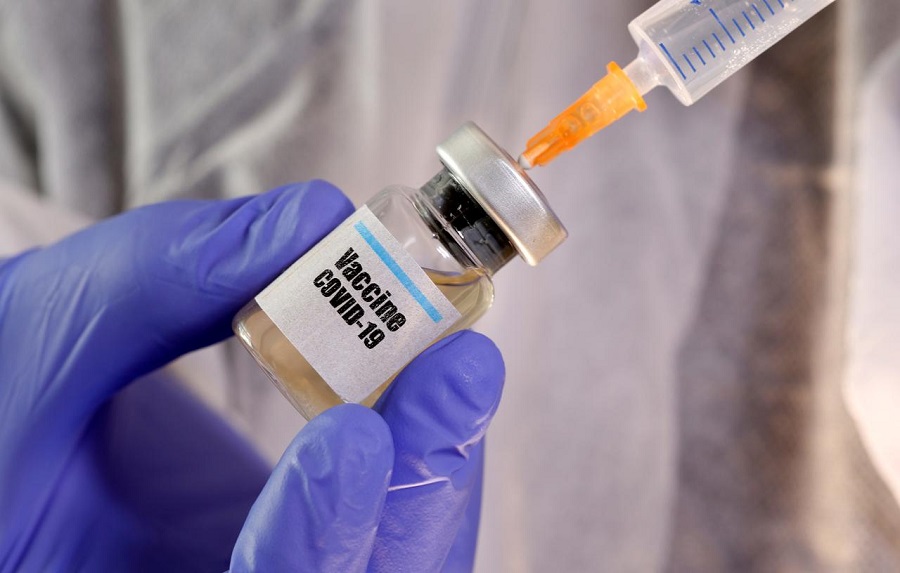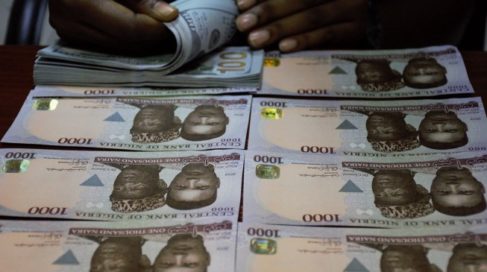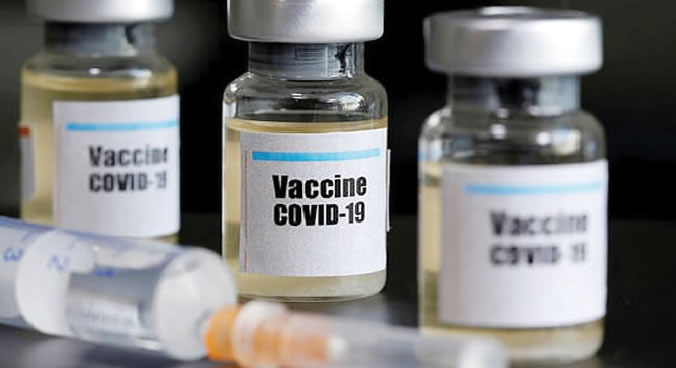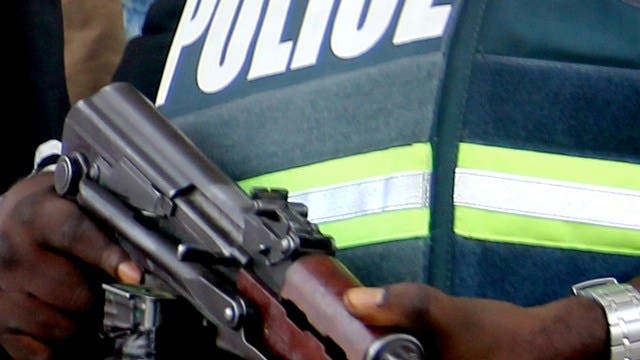COVID-19: Despite govt claims, experts say Nigeria not ready for vaccine distribution
. Despite Nigerian authorities’ claims of expecting to receive in January one of the vaccines developed globally for COVID-19, evidence on the ground at the country’s National Strategic Cold Store suggest an exaggeration of the claims. Osagie Ehanire, Nigeria’s Health Minister, while responding to questions from journalists after the Federal Executive Council (FEC) meeting in Abuja, last Wednesday, said, “We signed up for advanced market participation in COVAX. So, if we will be able to get our own, I think it will be in January.” But several global health experts and bodies told PREMIUM TIMES it is “almost impossible” for Nigeria to start a vaccine campaign in January. Distribution campaigns across Africa are not likely to begin until April, the head of the Africa Centers for Disease Control and Prevention estimated. Even then, fewer doses will be sent to African countries than are being shipped to the United States and Europe. “It will be extremely terrible to see,” said John Nkengasong, the Africa CDC director. The African continent is “far from ready” to roll out what will be its largest-ever immunisation drive, the UN World Health Organization (WHO) said in late November. Even the United Kingdom, which became the first country to begin the process of vaccinating its citizens with the new BioNTech-Pfizer COVID-19 vaccine on December 8, can only start a full-fledged campaign at least by December 29 when the European Medicines Agency (EMA) will meet and (is expected to) approve the vaccine. Depending on COVAX Most African countries, including Nigeria, are banking on benefitting from the COVID-19 Vaccines Global Assess Facility, or Covax, the World Health Organization-backed programme, which was set-up to divide a billion doses across 92 low- and middle-income countries next year. “We are looking at the end of the first quarter of next year or the beginning of the second quarter” to approve a shot for use in Nigeria, National Agency for Food and Drug Administration and Control’s Director-General, Mojisola Adeyeye, said last Wednesday. Nigeria, National Agency for Food and Drug Administration and Control’s Director-General, Mojisola Adeyeye, said last Wednesday. COVAX, an initiative run by the vaccine alliance, GAVI, aims to ensure equitable access to a COVID vaccine when it becomes available. So far, Nigeria has submitted a non-binding confirmation of intent to participate. The agreement would grant the country access to vaccines at a reduced cost but the number of doses procured would depend on how much Nigeria can afford to pay and until all countries that signed up for COVAX have received enough doses to vaccinate 20 per cent of their populations, no one can ask for more. The National Strategic Cold Store situated along the Nnamdi Azikiwe international airport, Abuja The National Strategic Cold Store situated along the Nnamdi Azikiwe international airport, Abuja Asides from solely relying on COVAX, there are no indications that the Nigerian government is trying to secure direct deals with pharmaceutical companies. Last Monday, Mr Ehanire, while briefing the Senate, said Nigeria is ready for its COVID-19 vaccination strategy. He said the country needs about N400 billion to procure its own vaccines. But senate president Ahmad Lawan expressed concerns over the country’s ability to effectively store and distribute the doses in Nigeria. “The Health Ministry would need to convince the National Assembly that they had the abilities and manpower for the COVID-19 vaccination so that the Senate would start making plans to support vaccine funding for Nigeria,” he said. While European and other western countries are already putting modalities in place to receive and distribute vaccines, Nigeria is not ready yet to receive and run a nationwide coronavirus vaccine campaign, even if they get them for free, checks by PREMIUM TIMES revealed. How ready is Nigeria? The Nigerian government, in late November, inaugurated an 18-man national COVID-19 task team to ensure ‘vaccine security’ when it finally gets to the country. Mr Ehanire, at the Presidential Task Force (PTF) on COVID-19 briefing, said the committee would have a seven-point of reference which will include generating strategies for acquisition, deployment and options for licenced production of the vaccines. Speaking on Nigeria’s preparedness to receive the vaccine, the Director-General of the National Institute of Pharmaceutical Research and Development (NIPRD), Obi Adigwe, said over the past two to three decades, Nigeria has built capacity in supply chain and logistics which includes cold chain capability. “I am aware that in every local government area in Nigeria, there is either existing or there was some structure or framework for cold chain storage of products. “What I would be thinking is that the various stakeholders that are involved in this vaccine roll-out story should at this point be reviewing the validity of those structures.” But the biggest challenges Nigeria will face when it eventually gets the vaccines, according to health experts is in storage, distribution and determining who needs it most. This is as a result of a mix of factors including poor storage facilities, epileptic power supply, acute data collection, manpower shortages among others. Health experts have also stressed the importance of clinical trials in Nigeria to ensure efficacy before arrival. A fortnight ago, PREMIUM TIMES visited Nigeria’s vaccine plant to ascertain the level of preparedness in place to receive the COVID-19 vaccines. The National Strategic Cold Store located few miles away from Nnamdi Azikwe International Airport is where all vaccines are stored on arrival into the country. The vaccines are later distributed to various zones across the country. The facility houses 11 walk-in cold room refrigerators and four walk-in freezer rooms. But there are no ultra-cold freezers much needed to store some of the frontrunners such as the Pfizer-BioNTech and Moderna vaccines, according to Iyabo Daradara, Director, Logistics and Health Commodities at the National primary HealthCare Development Agency (NPHCDA). “The National Strategic cold store has 11 walk-in cold rooms refrigerators which store at +2 to +8 and four walk-in freezer rooms which are used for vaccines that need freezing. “We do not have ultra-cold freezers in the country,” she said, in an














